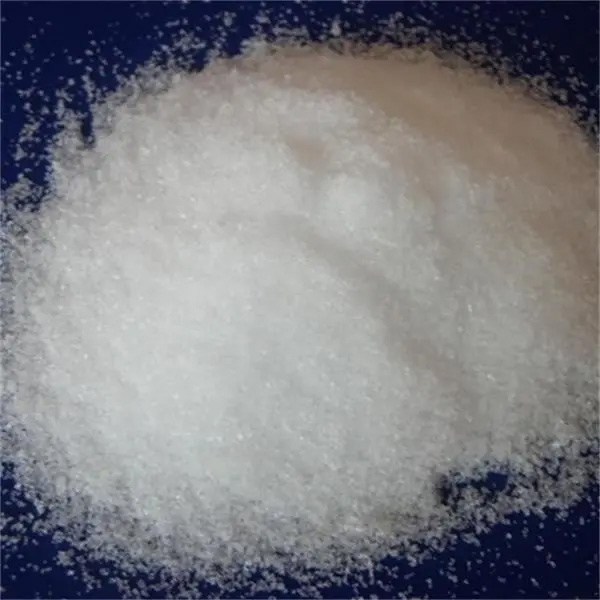Introduce:
Today, we take a closer look at the properties and applications of a versatile compound called monoammonium phosphate (MAP). Due to its wide range of uses in various industries, MAP has become an indispensable ingredient in many manufacturing processes. Join us as we uncover the wonders of this extraordinary chemical.
Properties and ingredients:
Monoammonium phosphate (NH4H2PO4) is a white crystalline substance that is easily soluble in water. Composed of ammonium and phosphate ions, it has a unique chemical structure that makes it valuable in a variety of applications. Due to its high solubility, MAP can be easily mixed with other substances, allowing manufacturers to use it in different forms such as powder, granules or solutions.
Flame retardant properties:
One of the most notable applications of industrial monoammonium phosphate is its flame retardant properties. When exposed to heat, MAP undergoes a chemical reaction that releases ammonia and forms a protective layer of phosphoric acid. The barrier acts as a flame retardant and inhibits the spread of fire. Therefore, MAP is widely used in the production of fire extinguishers, flame retardant textiles and fire retardant coatings for various materials.
Fertilizers and Agriculture:
Monoammonium monophosphate is widely used in agricultural fields as an important component of fertilizers. Due to its high phosphorus content, it promotes plant growth and development. Additionally, the presence of ammonium ions provides an easily available source of nitrogen, facilitating optimal crop yields. Farmers and gardeners often rely on MAP fertilizers to provide vital nutrients to crops, effectively improving overall soil fertility and yield quality.
Food and Beverage Industry:
In the food and beverage industry, MAP is used as a leavening agent in baking. When combined with other ingredients like baking soda, the heat triggers a reaction that releases carbon dioxide gas, causing the dough to expand during baking. This process enhances the texture and volume of baked goods such as breads, cakes, and pastries. MAP’s precise control over dough fermentation makes it the first choice for bakers.
Water treatment and pharmaceuticals:
Due to its water solubility, MAP plays an important role in water treatment processes. It acts as a buffer, maintaining the pH of the water. Additionally, its ability to bind metal ions makes it valuable in removing impurities from water sources. Pharmaceutical companies also utilize MAP in the production of certain drugs because it facilitates the controlled release of active ingredients in the body.
In conclusion:
Industrial monoammonium phosphate (MAP) has proven to be a valuable and versatile compound across multiple industries. Its unique properties and wide range of applications make it an essential component in a variety of manufacturing processes, from flame retardants to fertilizers, baking agents to water treatment. As we continue to explore the vast potential of industrial chemicals, MAP serves as a shining example of how one substance can have a significant impact on different industries.
Post time: Oct-13-2023

